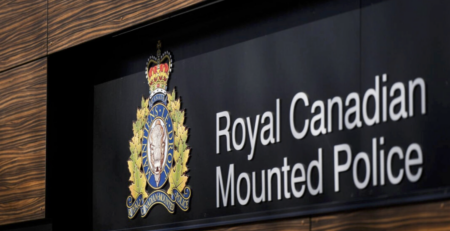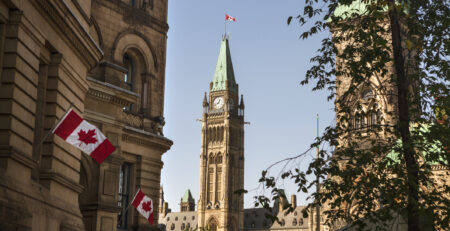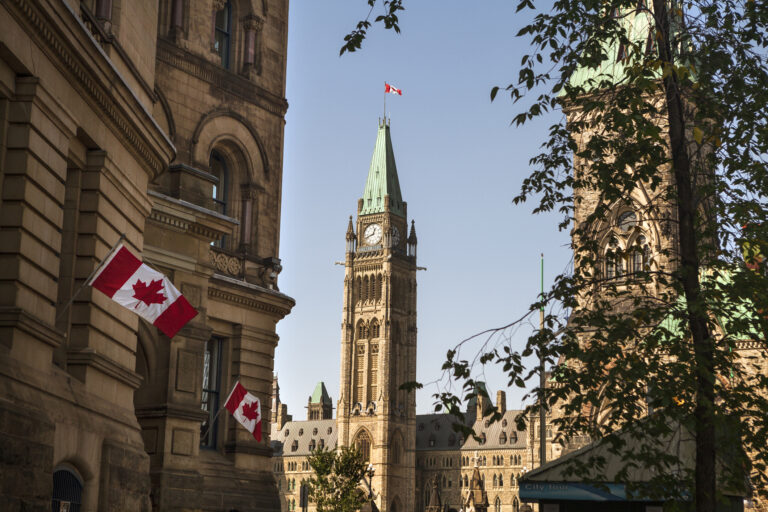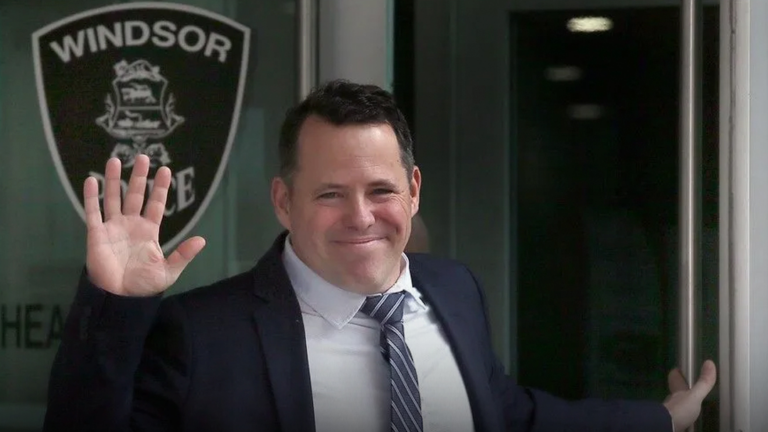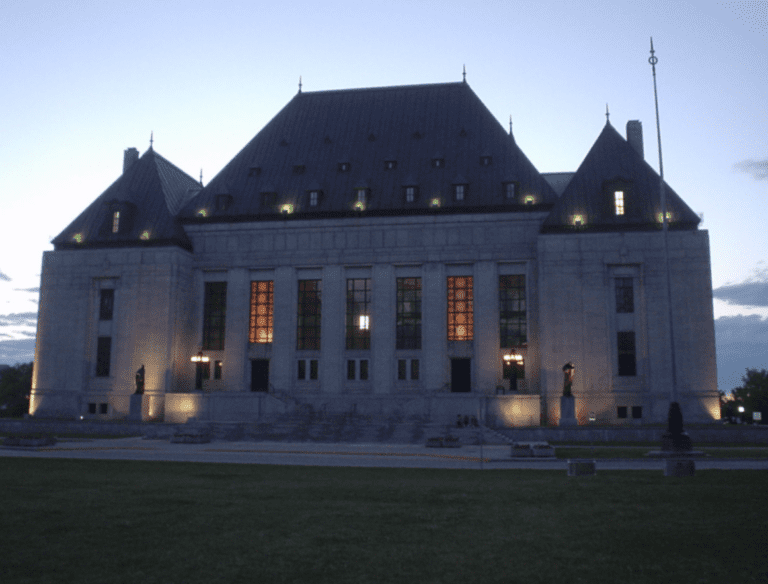John Carpay, The Western Standard
In Calgary you run the risk of a $500 fine for expressing an opinion in a public place that someone else finds offensive. Under the amended “Public Behaviour Bylaw” 54M2006, the City has made it an offence to “communicate with a person in a manner that could reasonably cause offence or humiliation.” You could even be found guilty if nobody actually felt offended or humiliated, because this law prohibits speech that “could reasonably cause” such feelings– whether someone felt them or not.
Bylaw54M2006 directly prohibits the peaceful expression of opinions that a listener or viewer could perceive as offensive or humiliating. For example, if a drag queen who reads books to young children feels “humiliated” or “offended” by someone speaking out against the sexualization of children, the advocate for children’s innocence is guilty of “harassment.”
The City of Calgary appears to believe that free expression “restricts safe access to public spaces for victims, and forces victims to alter their behaviour out of fear, anxiety, and other psychological and physical harms.” The City sees the Charter’s protection of free expression as creating “imbalanced power dynamics and inequality, disproportionately impacting affected groups at higher risk of being targeted.” So, the City wants to remove free expression from Calgary streets to make them “safer” for everyone. Most of the preceding phrases come from the City’s website in regard to “street harassment.” Essentially, Calgary has redefined the expression of one’s opinions in a public place as “street harassment.”
Redefining speech as “harassment,” this bylaw is impossibly vague, because it’s impossible to know with any degree of certainty what might “offend” or “humiliate” someone in a public place where people of different ages, races, religions, sexual proclivities and political beliefs might congregate. Whatever you say in the public square could reasonably cause offence or humiliation to at least one person. So, it’s now up to the Calgary Police Service to determine subjectively whether to slap you with a $500 ticket for having spoken your mind in a city park, on a public sidewalk, or in some other public place.
We should crack down on “harassment” if it consists of screaming, yelling, pushing, shoving, threatening, continuing to follow a person after she or he has told you to stop, or deliberately getting extremely close to a person when circumstances (e.g., a crowded elevator, crowded bus) do not warrant it. However, the foregoing examples of real harassment are already illegal under various existing laws.
It is a criminal assault to push, shove, hit or punch someone, or even touch someone without consent. Uttering threats to harm a person’s life, body or property is also criminal. Disturbing the peace by yelling and screaming is criminal, and also contrary to municipal noise bylaws. It is already illegal to “obstruct, interrupt, or interfere with the lawful use, enjoyment or operation of property.” Criminal Code section 430 makes it a crime to block access to someone going about their business and engaging in legal activities.
An oil company executive might feel “humiliated” when confronted by Greenpeace protesters on a public sidewalk, whom she cannot avoid seeing and hearing while on her way to her downtown office. But as long as environmentalists do not threaten to harm her life or property, and do not physically obstruct her access to her office, any offence she may feel is simply part of living in a free country.
Whether the topic of debate is abortion, pipelines, lockdowns, mandatory vaccination policies, or drag queens reading books to children in libraries, how can citizens debate issues without referring– directly or indirectly–to standards of good and evil? In a free society, nobody can be exempt from having her or his actions criticized as inappropriate (or even immoral) by others, which might result in feelings of offence or humiliation. Witness the predictable litany of judgments cast by Social Justice Warriors on their “morally inferior” neighbours as being racist, sexist, homophobic, transphobic, misogynist etc. Would Calgary Mayor Jyoti Gondek favour slapping her woke allies with $500 fines over this kind of name-calling?
Feelings of being “humiliated” and “offended” are normal and to be expected in a free country; all Canadians have a right to criticize and denounce peacefully whatever conduct they believe to be wrong. Canadians exercise this right every day, denouncing what they believe to be political, economic, social or environmental injustices. This will necessarily offend — and even humiliate–those who carry out such actions.
Mayor Gondek’s revised bylaw is about government deciding that the “wrong” opinion cannot be expressed peacefully in a public place if her political friends feel offended or humiliated by this “wrong” opinion. Under the false pretence of stopping already-illegal behaviour, this censorship bylaw targets freedom of expression–a pillar of our free and democratic society.



